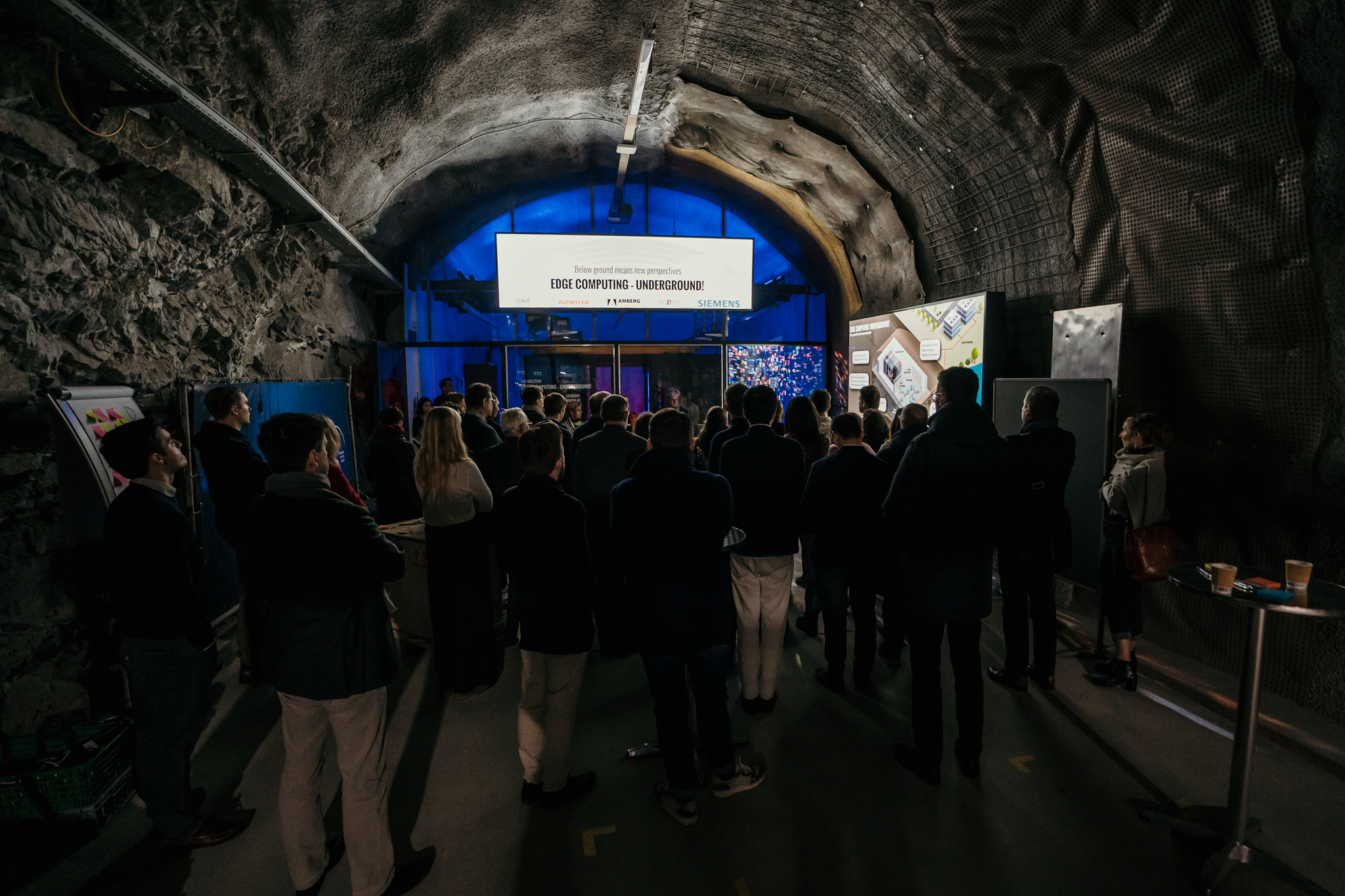"The ongoing global race for bigger and better AI systems is expected to have a profound societal and environmental impact that can affect global consensus for climate mitigation pathways. Unfortunately, the current AI systems are trained on biassed datasets that impact mitigation and adaptation-related decision-making, making them less trustworthy. This poses a significant deployment challenge for these AI systems in real-world decision-making tasks like climate action planning."
-Seán Boyle
Topic Leaders:

Seán
Boyle
unitmode

Tobias
Rees
limn
“Climate Change is humanity’s greatest challenge. Our lives will change from mitigation to adaptation which begs the question of what role will AI play.
We know that AI is going to change humanity, whether it becomes more of a challenge or an opportunity… we don’t know yet. We will discuss the intersection of these two critical change-making factors of humankind.” – Seán
“We Co-Founded UnitMode with the mission of turning marketing into a positive tipping point for climate change.
Climate Change is humanity’s greatest moonshot. Net zero emissions by 2050 can only be achieved by significant behavior change, with research stating that 32% of emissions reductions could be achieved by 2035 targets through individual and household behavior changes.
Marketing underpins the internet and facilitates some of the world’s greatest technology advancements such as AI, it is the world’s most consumed digital product and it is one of the most effective levers of consumer behaviour. Unfortunately, Marketing undermines climate action, mostly through greenwashing.
Our project aims to prevent greenwashing and turn marketing into the greatest catalyst of climate action.” – Seán
“Finding synergies with attendees serious about credible system change efforts or partnerships, in the climate change and AI space.
We are working towards a key partnership with Cambridge University and we are exploring opportunities with other entities keen on collaborating.” – Seán
Seán:
Twitter’s first Head of Sustainability:
- Launched the first company-wide climate action strategy
- Co-produced the inaugural climate change mis/disinformation policy and partnered with leading climate action organizations including the United Nations Framework Convention on Climate Change (UNFCCC), United Nations Environmental Programme (UNEP), FridaysForFuture, leading academic institutions including Cambridge University, and other pioneers in the climate action space.
“During my time at Twitter, I dealt with extensive and wide-reaching greenwashing reviews in advertising that informed internal and global policy changes. My unique exposure to the impact of greenwashing in digital advertising has positioned me as a global leader in the prevention of misleading environmental policy. Former President Obama and the Union of Concerned Scientists to name a few, recognized my work publicly for our advertising policy to prevent climate misinformation.”
Tobias:
“Tobias Rees is founder of limn.ai
Limn is an AI studio dedicated to exploring the philosophical newness of AI: What possibilities does AI afford to us that simply didn’t exist before? How to build AI that is optimized to make these novel possibilities available in exciting and elevating ways to the maximum number of humans?
Prior to founding Limn, Rees was William Dawson Chair in the Faculty of Medicine at McGill University; Reid Hoffman Professor of Humanities at Parsons/The New School; Founding Director at the Berggruen Institute in Los Angeles; and founder and CEO of ToftH School, a short lived but insightful attempt to build a new Bauhaus.
Rees also is a Senior AI 2050 Fellow of Schmidt Futures; a Senior Fellow at CIFAR; and an advisor to Google.
Rees work has consistently focused on two lines of flight.
The first one is the history of thought: The history of the categories that underlie how we think and that organize, without us being aware of it, how we humans understand and experience ourselves and the world.
The second line of flight is concerned with the difference today makes with respect to yesterday.
What, today, is so new that we cannot understand it in terms of the concepts and categories that we have inherited from the past?
Rees has written 7 books, over 50 articles, and is the recipient of multiple prizes and fellowships, nationally and internationally. His work appeared in the Washington Post, the Huffington Post, the NYT, Wired, NZZ, Vice, and more. He has worked as advisor to many European and North American Universities and Art Institutions and has a long history of collaborations with artists.”




